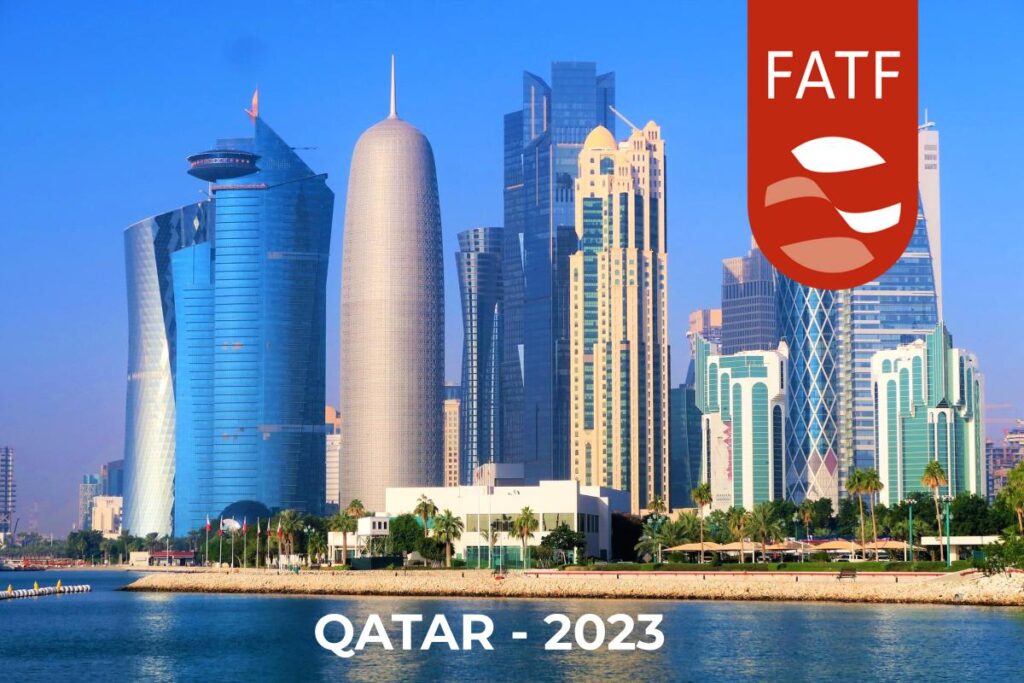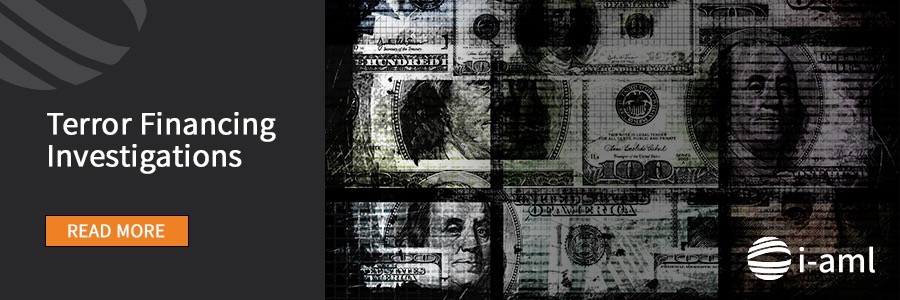The Financial Action Task Force (FATF) is an independent inter-governmental body that develops and promotes policies to protect the global financial system against money laundering, terrorist financing and the financing of proliferation of weapons of mass destruction. The FATF Recommendations are recognised as the global anti-money laundering (AML) and counter-terrorist financing (CTF) standard.
This report summarises the anti-money laundering and counter-terrorist financing (AML/CFT) measures in place in Qatar as at the date of the on-site visit from 19 June to 7 July 2022. It analyses the level of compliance with the FATF 40. Recommendations and the level of effectiveness of Qatar’s AML/CFT system and provides recommendations on how the system could be strengthened.
Qatar is a small country but is among the wealthiest nations in the world. In addition to the State of Qatar, Qatar hosts an onshore financial centre (the Qatar Financial Centre (QFC)). Qatar is generally perceived as a safe and law-abiding country, with low domestic crime risks. Although not a major financial centre, Qatar is positioning itself as a regional financial centre of growing importance. It is not a major source country for proceeds of crime or a major centre for laundering the proceeds of crimes committed in other countries. Nevertheless, it is exposed to a range of ML risks. While Qatar has a very limited threat from domestic acts of terrorism, the country faces a distinct risk from TF related to terrorist acts and terrorist groups operating outside of the country.
Qatar produced an NRA on ML/TF at the end of 2019 based on a process that started in 2015. The NRA assessed that Qatar has an overall residual ML risk of medium-high. Qatar’s primary domestic ML risks emanate from smuggling crimes, fraud, drug crimes and corruption. The NRA identifies banks, exchange houses, dealers in precious metals or stones (DPMSs) and trust and company service providers (TCSPs) as the highest risk sectors for ML. The abuse of cash and bearer negotiable instruments (BNIs) and cash-intensive businesses is also identified as a high ML risk, as is the provision of financial services without a license.
Regarding TF, the NRA characterises the residual TF risk as medium-high. Foreign terrorist organizations have targeted both Qatari citizens and foreign residents in Qatar to raise funds for their overseas operations. The NRA considers that the abuse of charities and NPOs, exchange houses, cross-border transfer services, and the transfer of funds through banks, cash, BNIs and precious metals or stones as all to be medium-high risk channels for TF in Qatar. It has also considered the presence of designated terrorists, terrorist financiers and controversial groups in Qatar as a serious source of TF threat.
Qatar has implemented an AML/CFT system that is effective in some respects. Strong results are being achieved in relation to Qatar’s understanding of its risks, supervision of FIs and DNFBPs, the confiscation of proceeds of crime and the implementation of TFS related to TF. Major improvements are needed in relation to international cooperation, implementation of preventive measures by FIs and DNFBPs, measures to improve the transparency of legal persons and arrangements, its use of financial intelligence, the investigation and prosecution of ML activity and TFS related to PF. Fundamental improvements are needed in relation to Qatar’s investigation and prosecution of TF activity.
In terms of Qatar’s technical compliance with the FATF Standards, Qatar has fundamentally overhauled its AML/CFT regime since its last evaluation. Qatar introduced a new AML/CFT law in 2019 and has introduced a range of other reforms to improve Qatar’s institutional and legislative framework and ensure adequate skills and resourcing of competent authorities.
Accordingly, Qatar has a very strong level of compliance with the FATF Standards, with only minor improvements needed in relation to risk understanding, implementation of TFS and NPO preventive measures, VAs and VASPs, wire transfers, transparency for legal persons and arrangements and cross-border movements of cash and BNIs.
May 31, 2023 Published by The Financial Action Task Force. (Download Report in PDF)







